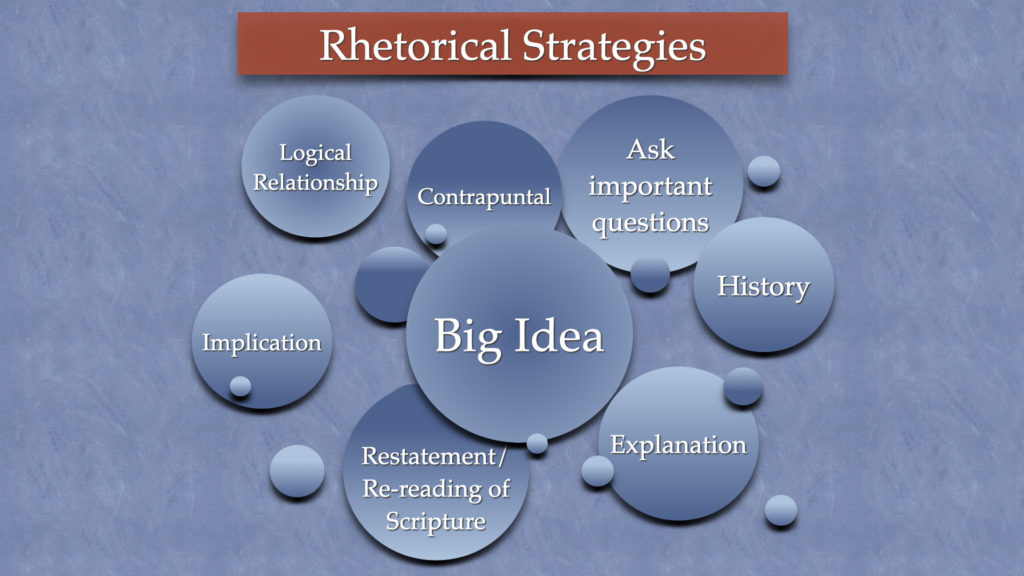
It didn’t take long reading Jonathan Edwards’s earliest sermons to learn that he learned early in his preaching ministry to anticipate push-back from his listeners as he taught biblical doctrine.
In his sermon, Wicked Men’s Slavery To Sin, based on John 8:34 (“Whosoever committeth sin is the servant of sin”), Edwards begins his “Doctrine” section with this statement:
“Wicked men are servants and slaves to sin.” (p. 340 in Kimnach)
After the heading he wrote, “We shall explain and clear up this doctrine by answering these two queries… [emphasis added]”
What Edwards wants to “clear up” in the early goings of the message is the fact that many of his listeners don’t agree with that statement. He writes, “Perhaps you may think with yourself, ‘I don’t see but that wicked men are happy, and live as free as the best men in the world.'”
Edwards anticipates a reaction from his listeners. He knows some doubt the doctrine and he immediately goes to work addressing their thoughts. He also directly addresses those listeners who “object” to the idea that they are wicked and believe themselves to be free.
The slide below shows some of the rhetorical strategies preachers use to create message minutes. If you listen to a preacher or teacher you will hear them doing these things. Notice the contrapuntal circle. It’s a word I encountered years ago from Buttrick’s, Homiletic. A contrapuntal occurs when a listener doesn’t agree with what you’ve said; they have a different opinion about the matter. Edwards knew how important it was to anticipate push-back.

So, one of the ways Edwards crafts this sermon is by proving that the doctrine is indeed true, that wicked men are slaves to sin. It takes careful thinking, plus the ability to correlate the doctrine with other key Scripture.
In the next post I will show you some of the keys to Edwards’s approach.
As you work on your next sermon/lesson, consider the doubtability of your doctrine, address it, and God will receive glory in the church and in Christ Jesus (Ephesians 3:21).
Randal


Please note: I reserve the right to delete comments that are offensive or off-topic.